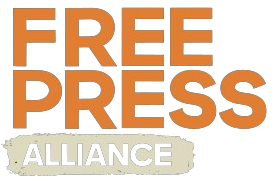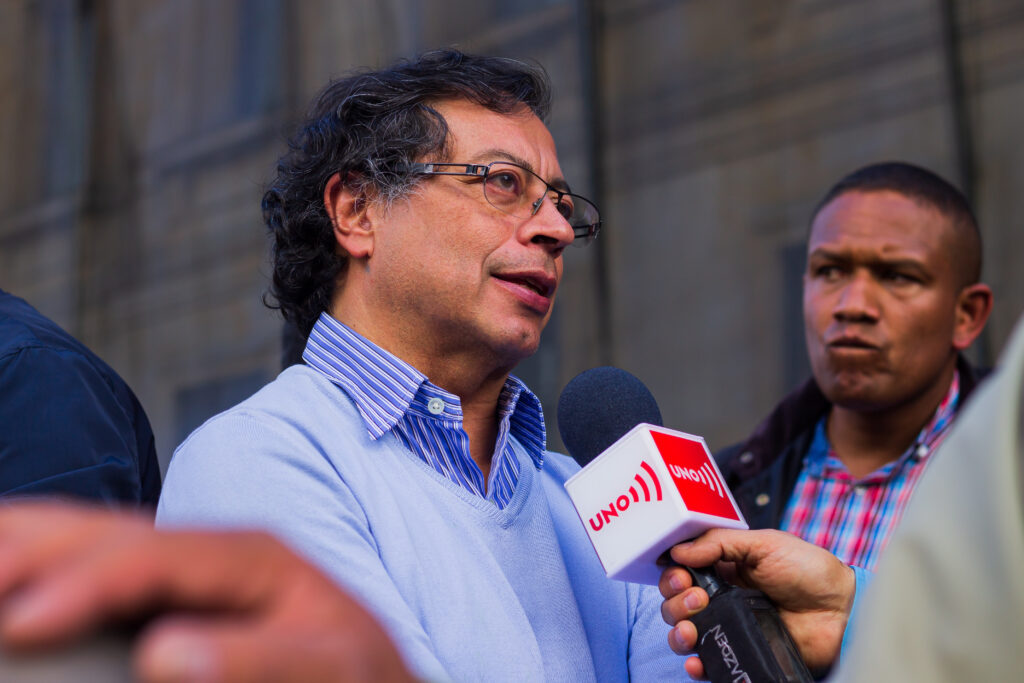Gustavo Petro, Colombia’s first leftist president, who took office in 2022, has constantly attacked the media, journalists, and the Foundation for Press Freedom (FLIP) through his social media accounts.
During the Gabo Festival in Bogotá, RSF highlighted its concern over Petro’s escalation of aggressions, which began after the publication of an article in Cambio magazine on June 23 that suggested corruption in the awarding of public contracts by the brother of a close collaborator of the president. Petro called the information “Mossad journalism” on his X account, insinuating a disinformation campaign against his government. Following this comment, the author of the article, María Jimena Duzán, received threats.
FLIP, in support of Duzán, urged Petro to stop stigmatizing media and journalists who investigate matters of public interest. Petro attempted to discredit FLIP by mentioning that one of its founders, with no ties to the organization in more than 20 years, is being investigated for paramilitarism, which provoked a wave of attacks against FLIP. Artur Romeu, director of RSF’s Latin America office, criticized Petro’s accusations, noting that they endanger journalists and contradict his campaign promise to promote pluralism and the fight against disinformation. Since the beginning of the year, three journalists have been murdered, and the government has shown no political will to investigate these crimes or prevent their repetition.
During his two years in power, Petro has repeatedly disqualified reports critical of his government, accusing their authors of wanting to destabilize his administration. These criticisms are directed at prominent newspapers such as El Colombiano, El País, and El Tiempo, as well as various radio stations, online magazines, and digital media. Petro’s attacks cover a range of topics, including peace dialogues, energy policy, healthcare reform, and sexual harassment allegations, reflecting his dissatisfaction with the way these issues are portrayed in the media. He has repeatedly promoted a negative image of journalism, undermining the media’s credibility and pressuring the media to present a favorable image of his administration.
He often portrays the press as an antagonist, opening the door to the possible criminalization of the media. In addition, Colombian journalists have long faced threats and violence from armed groups, creating a dangerous environment for press freedom. In 2022, Colombia suffered 218 threats to journalists, the highest number in 15 years, and two journalists were murdered. Despite Petro’s “Total Peace” agenda aimed at ending corruption and factional fighting, his administration has been embroiled in multiple scandals. Through social media, the government seeks to counter the repeated criticism it receives from the mainstream media.

